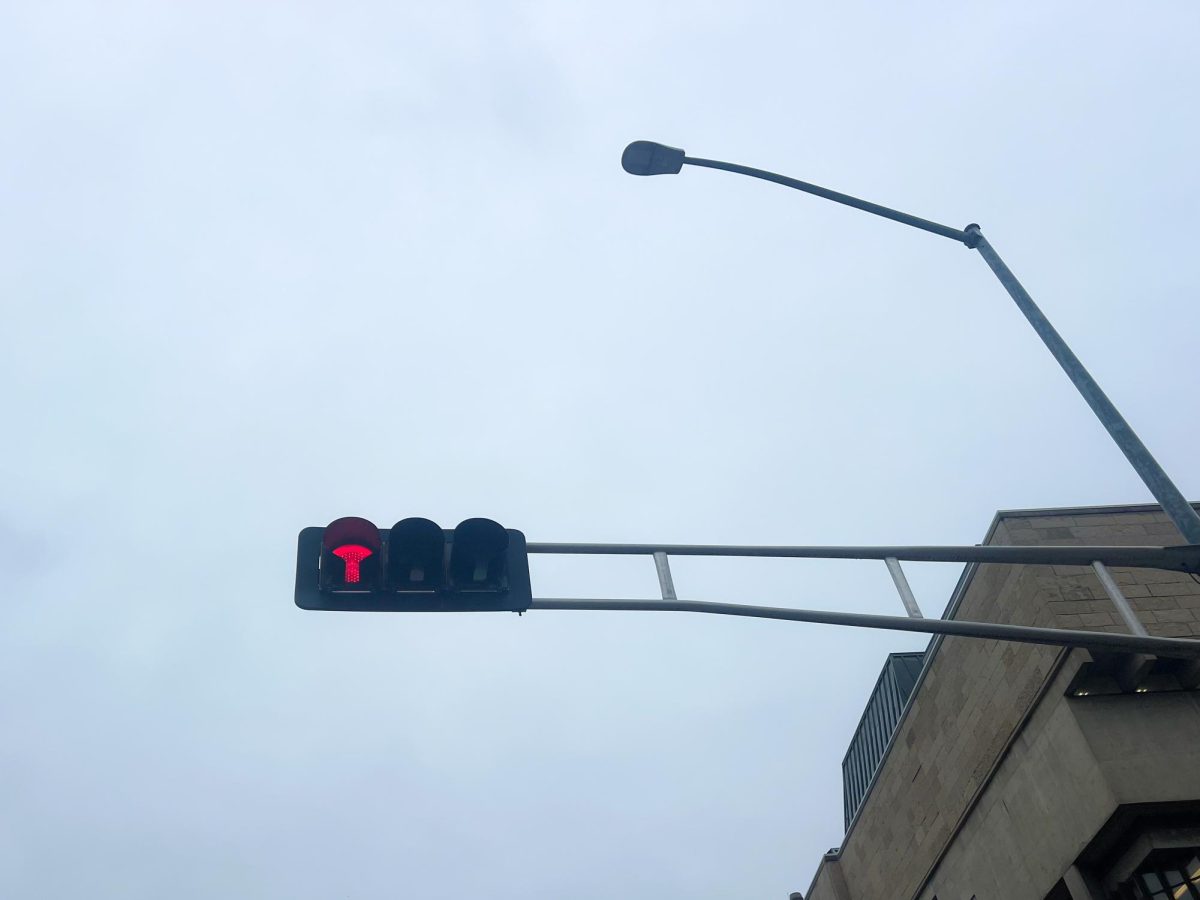
Under a new proposal, the new financial model for Madison’s financially-embattled Overture Center for the Arts could maintain private ownership.
At a lengthy meeting of the city’s Common Council Organizational Committee, alders fervently considered alternate plans favoring a private model with amendments.
Under the currently proposed focus model, the city would purchase Overture for one dollar and operate its maintenance costs for an estimated $800,000 annually while a private board would execute Overture’s other business.
Included in the conversation were former Madison Mayors Joseph Sensenbrenner and Paul Soglin. They addressed the council arguing for the public-private focus model in which the city would purchase Overture and work together with the nonprofit operator, 201 State Foundation, which currently funds the Overture.
Sensenbrenner said the donor community is comfortable with the public-private approach because of its simplicity.
“The proposal solidly puts opportunity and responsibility in one place,” Sensenbrenner said. “The city is removed by micromanagement of the Overture if it is taken by 201 State.”
Soglin agreed with Sensenbrenner’s philosophy, and added a long term solution should be worked out by the end of the meeting.
He added uncertainty surrounds how the city would manage the building, and that the issue requires an interim solution which would take 1-2 years and funding by the council to analyze the future of the Overture.
Soglin added Overture has no base of support in the community.
“The community does not feel [Overture] is its building… and it is a good thing that there was not a referendum on this issue,” Soglin said.
The former mayor said the failure of Overture would be a failure on the City Council.
Ald. Michael Schumacher, District 18, responded to Soglin’s comments and added his frustration over the lack of information that the council has received concerning alternate proposals to the public-private model.
“We have bought into this kind of belief that if we fail, the city fails and I will not owe into this responsibility,” Schumacher said. “We’ve done a great job with what little information we’ve gotten, it’s been like don’t ask don’t tell schizophrenia.”
Additionally, Ald. Chris Schmidt, District 11, said there was early pressure to focus on the public-private model alone and said he understood the Council’s indecision but strongly favored removing the Nov. 30 deadline and eliminating the debt.
The Council was stuck in debate over how to move on without reinventing the wheel on every issue brought up in the meeting but agreed to drop the public-private plan and work out a list of amendments for the alternate plan.
The Council was unanimous in considering the future of the current Overture employees that face the potential of layoffs with the public-private proposal.
Ald. Mike Verveer, District 4, said the dozens of employees should not lose their jobs with this decision, while Ald. Satya Rhodes-Conway, District 12, said the most important amendments to the alternate plan would be fair and ethical treatment of Overture employees, more transparency, increased fundraising and support of the community.
A specific model could not be agreed on and a movement for further consideration to be held on Nov. 30 was carried 5-1.












